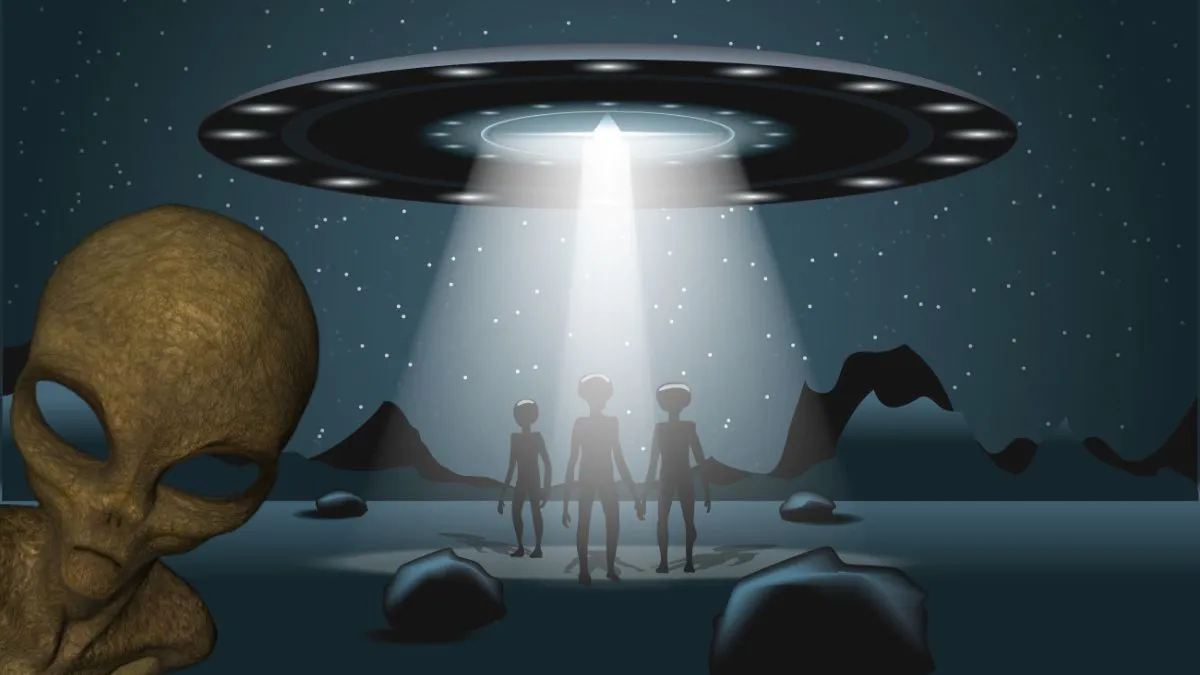- By Shivangi Sharma
- Wed, 20 Aug 2025 03:47 PM (IST)
- Source:JND
A Harvard astrophysicist has sparked a provocative debate about the possibility that an interstellar visitor could serve as a “test” of humanity. Avi Loeb, known for his work on unusual astronomical phenomena, suggests that a recently discovered object, 3I/ATLAS, may not be a simple comet or asteroid but rather an alien probe sent to observe Earth.
According to Loeb, how humans respond to such an object could reflect our intelligence and readiness to engage with advanced civilisations. 3I/ATLAS, which swept through our solar system, has been highlighted due to its unusually high speed and course. Moving at a speed of about 130,000 miles per hour, it stands as the fastest known visitor from outside our solar system.
Its course, determined by the European Space Agency and Hubble Space Telescope, seems deliberately designed, moving close to Venus, Mars, and Jupiter in a style similar to a mapping mission. Its trajectory from the core centre of the galaxy also posed problems for detection by humans until late in the game, and it has been speculated that it might have been deliberately designed to evade early discovery.
A Cosmic “Turing Test”
Loeb and his colleagues propose that the object’s odd behaviour, particularly its rate of acceleration, makes it difficult to explain as a natural phenomenon. “We should not dismiss the possibility of alien intelligence,” Loeb wrote in a recent blog post. He likens the situation to a “blind date” or a Turing Test, in which the observers assess each other’s behaviour. If humans treat the object with respect and scientific curiosity, it could signal that we are a civilisation worthy of notice. Conversely, dismissing it as just another space rock could suggest that we are not yet ready for higher interstellar recognition.
Implications For Science And Society
The implications extend beyond science. Loeb’s hypothesis raises cultural and philosophical questions about how humanity might respond to potential extraterrestrial contact. Are we capable of approaching the unknown with curiosity rather than fear or indifference? The debate also challenges conventional scientific thinking, questioning whether unusual space objects should always be assumed to have natural explanations or whether the possibility of alien technology should remain on the table.
ALSO READ: Putin Surprises Alaska Man With New Bike After His Old Soviet Motorcycle Repair Story Goes Viral
In its closest pass, 3I/ATLAS will be obscured from view by the Sun, presenting a problem for direct observation. Still, Loeb calls for a close examination of its path, velocity, and other features to gain a better understanding of its composition. While most of the scientific community doubts it, the strange qualities of 3I/ATLAS guarantee that debate regarding its origin and what it could mean for humanity will persist.
